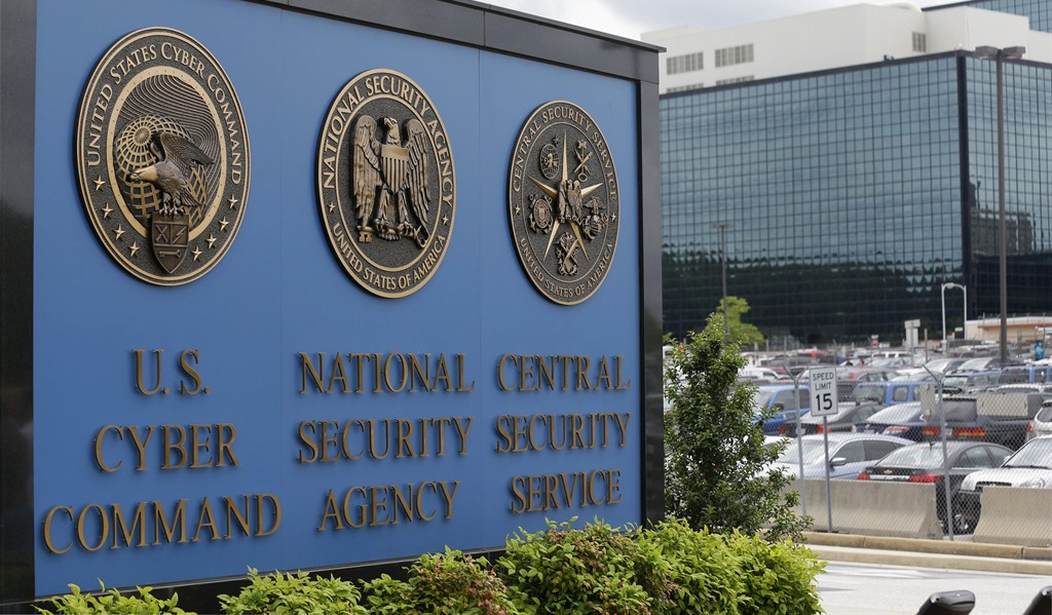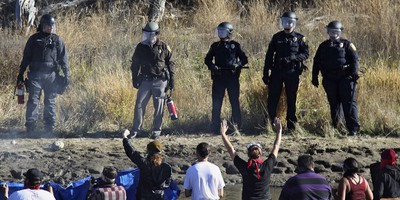Last Friday, President Barack Obama delivered his long-awaited speech addressing recent revelations that the federal government, especially the National Security Agency (NSA), has been engaged in a massive program surveilling the communications of virtually every American who uses a cell phone or other internet-based device. Obama, who claims to head the most “transparent” presidency ever, spoke glowingly and eloquently how his Administration will move actively to rein in the domestic spying program and strike the proper balance with civil liberties; unfortunately, he did neither.
On cue, of course, the Washington Post -- one of Obama’s most fervent enablers in the nation’s capital – promptly labeled the speech “productive,” and pleaded for patience as the President now undertook the “unsimple [sic] task of filling in the details.” The Post’s gobbledygook notwithstanding, given the lack of substance in the President’s long-winded, 45-minute speech, there is little reason Americans should trust or expect him to fill in the blanks later. In fact, his recent appointment of long-time friend and notorious Big Brother-advocate Cass Sunstein to the White House NSA-review panel, further belies the Commander in Chief’s commitment to “transparency.”
Americans largely have lost patience with this Administration’s pattern of obstructionism. According to a survey conducted immediately after Obama’s speech by the respected PEW/USA Today, a clear majority of Americans -- 53 percent -- still oppose the NSA’s daily collection of billions of phone calls, text messages and internet communications. The poll also suggested public opinion of the NSA remained unchanged after Obama’s speech, which was full of typical post-9/11 rhetoric, but woefully short on specifics.
At the Guardian, Glen Greenwald -- the reporter who worked with Edward Snowden to shine the first light on the NSA’s extra-legal activity -- called Obama’s reforms “little more than a PR attempt to mollify the public,” and concluded they would change nothing. “He drapes the banner of change over systematic status quo perpetuation,” wrote Greenwald.
Recommended
The fundamental problem is not the “transparency” of the federal government’s spy programs, but their unconstitutionality. It cannot be put clearer than this: It is a violation of the Constitution’s Fourth Amendment for the federal government to surreptitiously and without warrant or reasonable suspicion, gather data on the private communications of law-abiding American citizens based on nothing more than the government’s assertion that such information might possibly help identify a suspected terrorist, or foil a possible plot at some point in the future.
The facts bear out the problem in the government’s shaky justification for the massive data-basing of communications information. Despite Obama’s repetitive, “the-sky-is-falling” rhetoric, a study of 225 terror cases since 9/11 shows the NSA’s unconstitutional surveillance program “has had no discernible impact on preventing acts of terrorism,” and that often the government’s terrorism claims are “overblown” and “misleading.”
Moreover, the manner in which the government has exploited and abused the powers granted it in the USA PATRIOT Act -- such as vastly increasing the use of the so-called “business record” power to scoop up unlimited cell phone records -- is illustrative of the magnitude of the manner in which the government has been violating the privacy rights of the citizenry. Read carefully, Obama’s words make clear he has no intention of reining in such abuses to any meaningful extent.
In fact, the President’s speech may actually make matters worse. He purports to limit the government’s massive surveillance efforts without really doing so; and thereby offers us a false sense of security -- providing a shield behind which the agencies and government officials involved (such as Director of National Intelligence James Clapper, who likely perjured himself in front of Congress while testifying about the NSA last year), can hide as Uncle Sam continues his march into the Surveillance State.























Join the conversation as a VIP Member